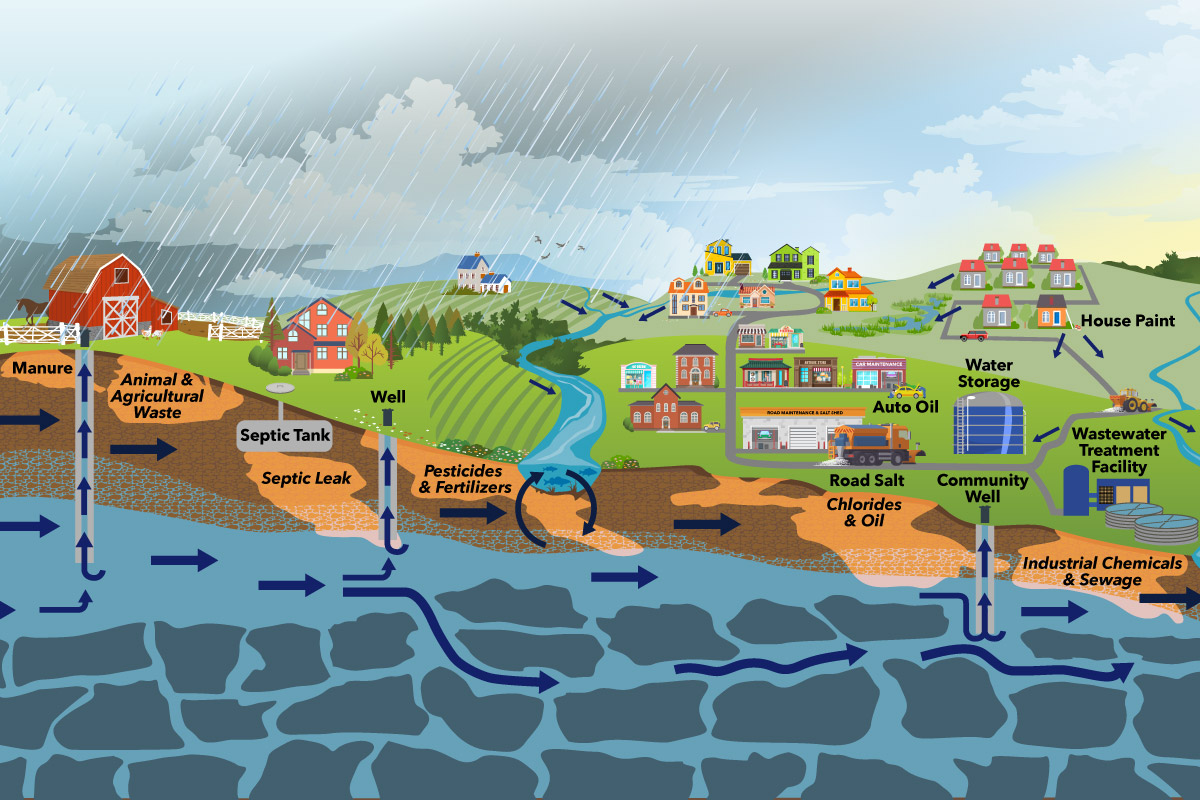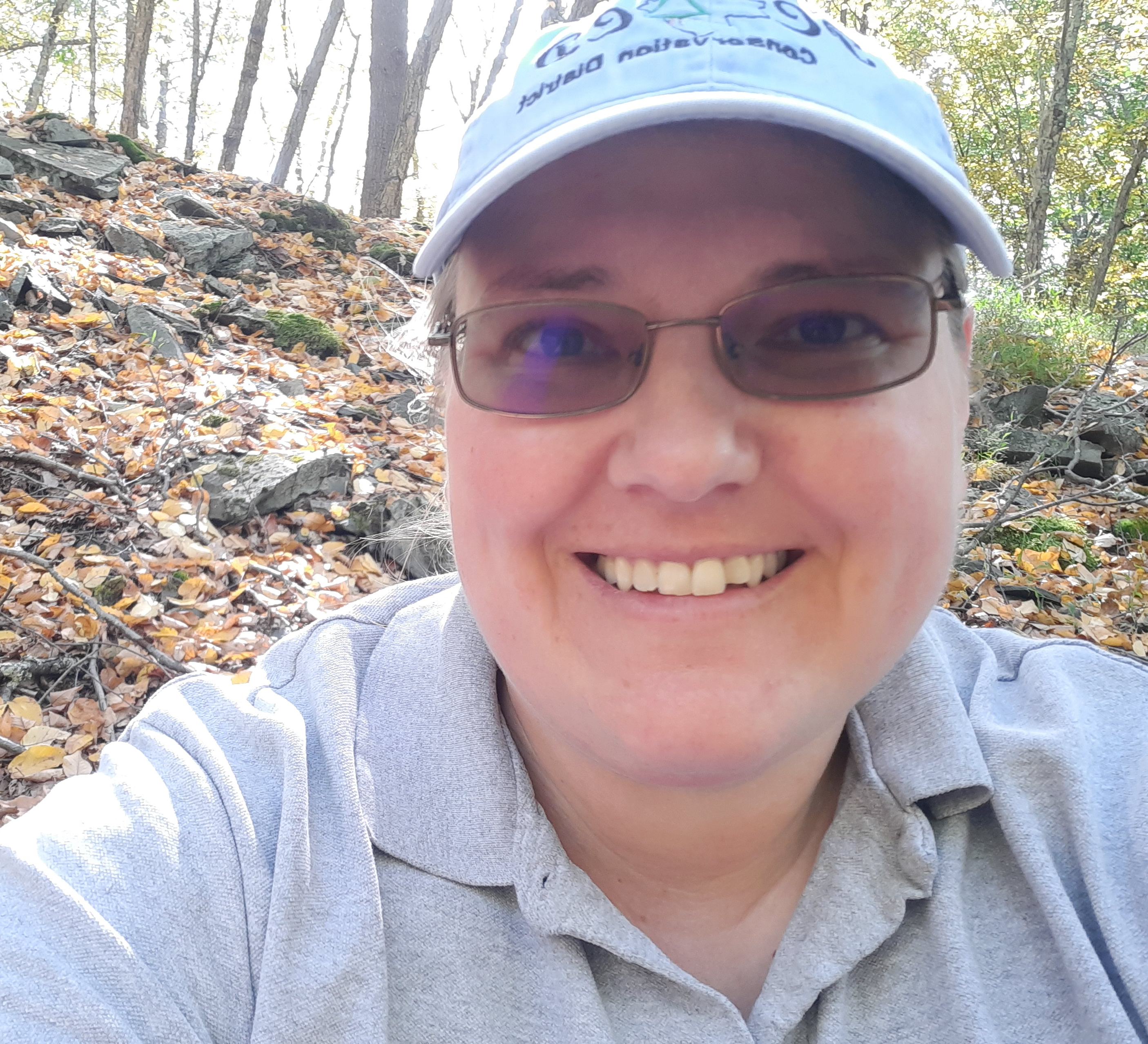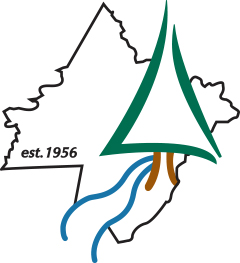News

Protecting Your Drinking Water Source

By Ellen Enslin, CPESC, Program Manager
Groundwater is the main source of drinking water for all Pike County residents. Protection of groundwater is vital to human and environmental health, as well as a sustainable economy. Many people think our drinking water is protected from pollution, especially because our water source is underground and out of sight. However, wells become polluted when substances that are harmful to human health get into our groundwater.
When precipitation falls on impervious surfaces like asphalt or concrete, water cannot infiltrate into the ground and instead becomes runoff. Runoff washes downslope across the land surface until it reaches an area where it can seep back into the ground, typically a forest, grassland, or other permeable area.
Contaminants (like road salt, motor oil, etc.) that are left on the surface of the ground can be swept up by storm water runoff and carried away from the original site. This collection of pollutants in runoff is considered non-point source pollution and is one of the main ways pollutants enter our waterways. Though the soil filters some things from the water, it is not able to filter things such as paints and motor oils which can eventually end up in our aquifers which we drink from!
What Can We Do to Help?
- Inspect and pump your septic system regularly. A typical septic system should be pumped every 3-5 years. PA DEP Septic System Information
- Recycle used motor oil (Many places that sell motor oil accept used oil for recycling).
- Dispose of household hazardous waste, such as bleach and paint, properly. Don’t dump chemicals down drains or on the ground.
- Limit the amount of fertilizers and pesticides used in your yard. If you are going to use lawn chemicals, try to buy only what is needed and follow the instructions on the label.
- Plant native species on your property. Growing native plants requires less watering and chemicals since they are better adapted to living in our area.
- Pick up after your pet when out for walks.
- Conserve water at home and at work.
- Test underground fuel oil tanks for leaks. If possible, place them above ground.
- Learn more about your well through Penn State Extension; they’ve created dozens of short articles, videos, and courses to assist with some of the most common management issues.
Check out more ways to protect water quality at home at our Source Water Protection webpage!
